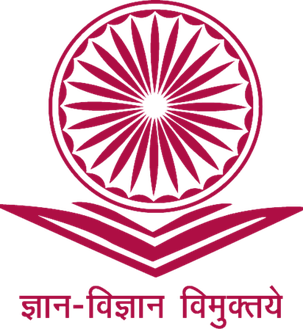THE ROLE OF CIVIL SOCIETY IN DEMOCRATIC CONSOLIDATION: A COMPARATIVE PERSPECTIVE
DOI:
https://doi.org/10.8476/sampreshan.v17i1.337Keywords:
Civil society, democratic consolidation, advocacy, accountability, political polarization, transparency, legal frameworksAbstract
Civil society, including NGOs, community groups, labor unions, and faith-based organizations, plays a crucial role in democratic consolidation by promoting citizen engagement, advocacy, and accountability. It mediates between citizens and the state, reinforcing democratic institutions, especially during transitions from authoritarian regimes. Civil society ensures political participation, and government accountability, and fosters trust in democratic institutions. However, its influence is shaped by political and cultural contexts, with risks of co-optation by political elites. In transitional democracies, civil society fills governance gaps, advocates for reforms, and ensures transparency. It exposes corruption, ensures free elections, and reduces political polarization. Civil society also resists authoritarianism and combats democratic backsliding, as seen in movements in the Philippines and Serbia.Civil society’s effectiveness depends on political environments, legal frameworks, socioeconomic conditions, and international support. In democratic regimes, it thrives, while authoritarian or hybrid regimes limit its capacity. Challenges include co-optation, political polarization, restrictive laws, funding shortages, and digital threats like misinformation and cybersecurity risks. For the future, civil society must prioritize autonomy, inclusivity, and accountability. Policy recommendations include legal protections for civil liberties, financial sustainability, addressing digital challenges, fostering cross-border collaboration, and expanding regional partnerships to strengthen democracy and sustain civil society’s impact.



